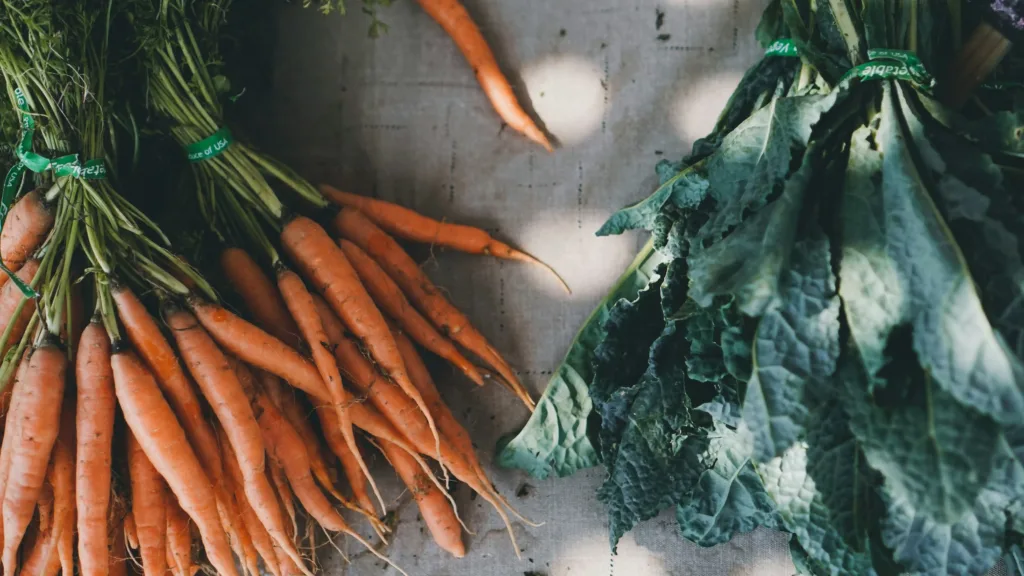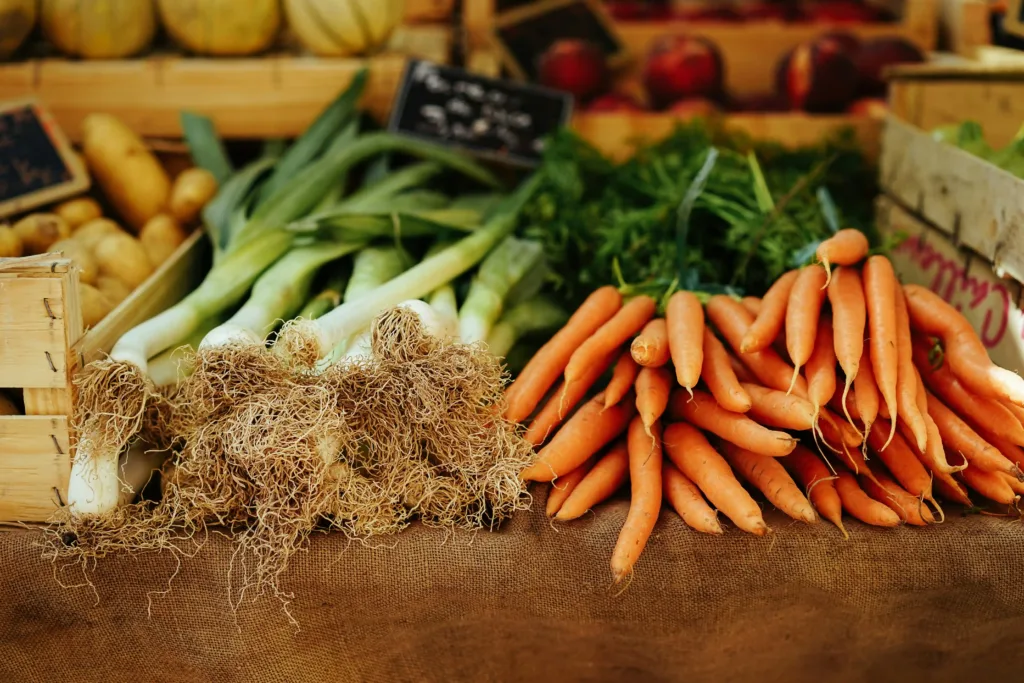When I first started gardening, I relied heavily on weed killers and fertilisers to get the most out of my space. But as I learned more about how harmful these products are—not just for wildlife but for us and the garden itself—I knew I had to change. It wasn’t easy at first, but I discovered that with regular care and natural methods like mulching, you can have a thriving garden without the need for chemicals.
In this guide, I’m going to walk you through the what and the why of organic gardening and give you the tips and tricks you need to transform your garden into an organic success story. For each of the tips I give you, there are links to in-depth guides to give you more information, so I’d recommend bookmarking this page so you can come back to this hub.
Contents
What is Organic Gardening?
Put simply, organic gardening is a way of growing plants without using synthetic chemicals, such as artificial fertilisers, pesticides, or herbicides. Instead, it uses natural methods to nurture plants, improve soil health, and manage pests and diseases.
Why Should You Practice Organic Gardening?
While organic gardening provides a tonne of benefits to both you and the environment, the most important advantages are:
- Healthier Produce: Organic fruits and vegetables are grown without harmful chemicals, making them safer to consume and better for your health
- Environmental Sustainability: By avoiding synthetic chemicals, organic gardening reduces pollution, protects water sources, and promotes biodiversity within your garden
- Wildlife Protection: This improved bio-diversity increases the number of bees, birds, and beneficial insects within your garden, which ultimately gives you better results in the quality and quantity of your plants
- Soil Health: Organic methods prioritise nurturing the soil rather than getting quick results, which creates a fertile and thriving foundation for your plants
- Personal Satisfaction: There’s a deep sense of achievement and joy in cultivating a garden that works in harmony with nature rather than against it
The Five Principles of Organic Gardening
Organic gardening is based on several key principles, but the following five stand out as the most important to follow when you’re getting started with creating your organic garden.

1. Improve Your Soil Health
Healthy soil is the foundation of successful organic gardening. It’s important to focus on feeding the soil rather than the plants as this creates a rich, fertile environment that promotes strong, productive growth for flowers, fruits, and vegetables.
Techniques like composting, mulching, and using natural soil amendments play a key role in maintaining soil vitality.
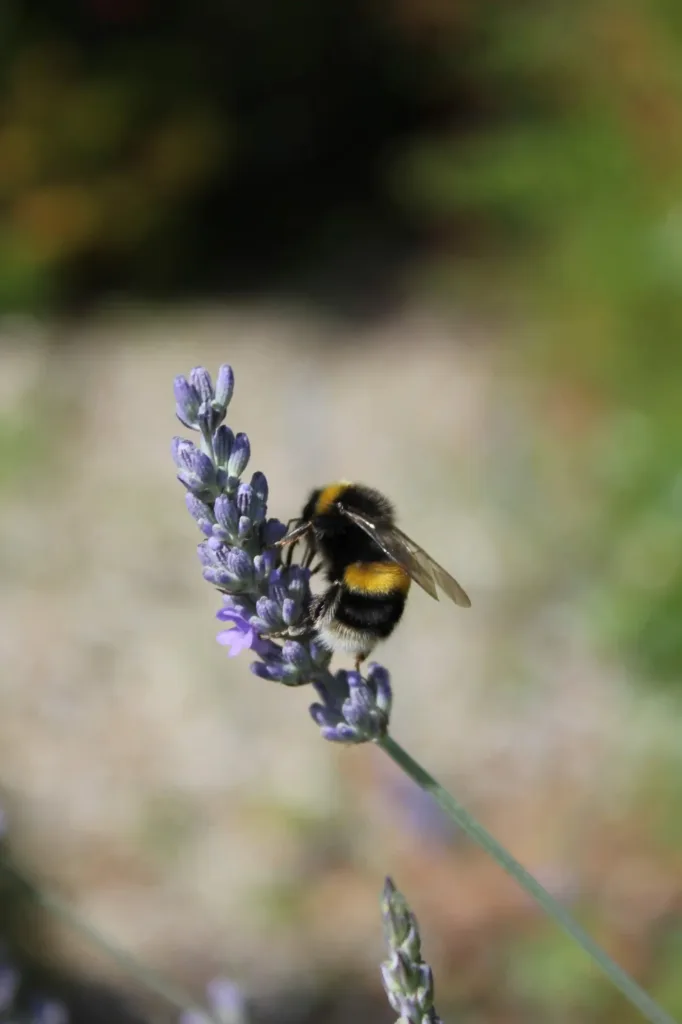
2. Promote Biodiversity
By fostering a wide variety of plant and wildlife species, organic gardeners create an ecosystem where plants, insects, and animals support one another.
Planting diverse crops, adding pollinator-friendly flowers, and creating habitats for beneficial insects like ladybirds and bees help achieve this balance.
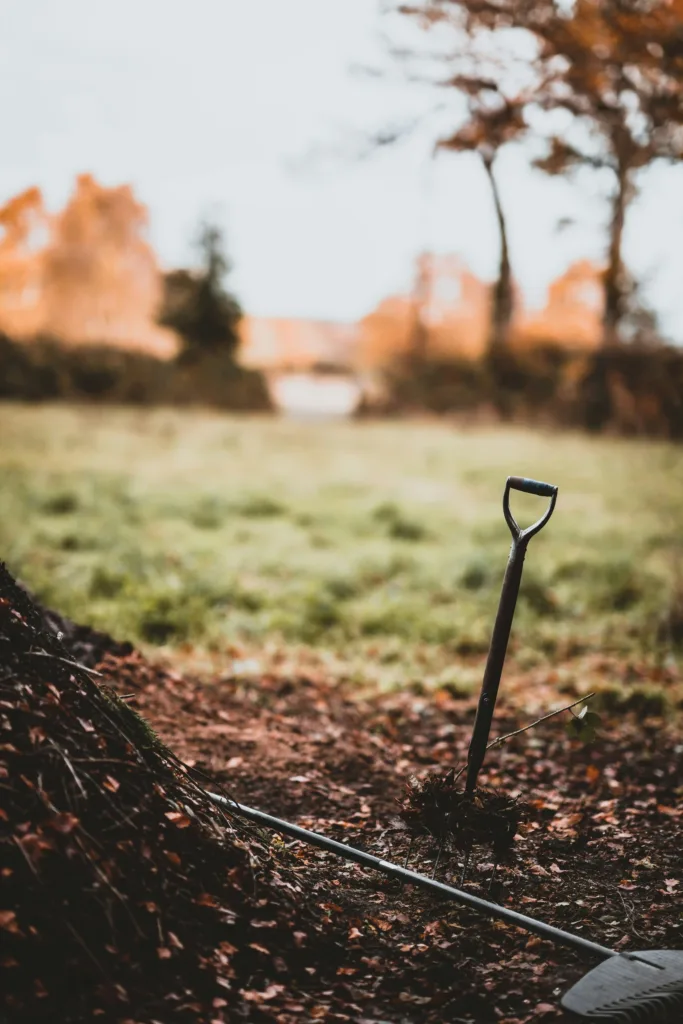
3. Love Your Compost Heap
By far the cheapest way of getting nutrients to your plants, composting is a cornerstone of organic gardening. By turning your kitchen and garden scraps into a rich and nutrient-dense compost, you feed your soil and your plants whilst reducing the amount of waste leaving your garden.
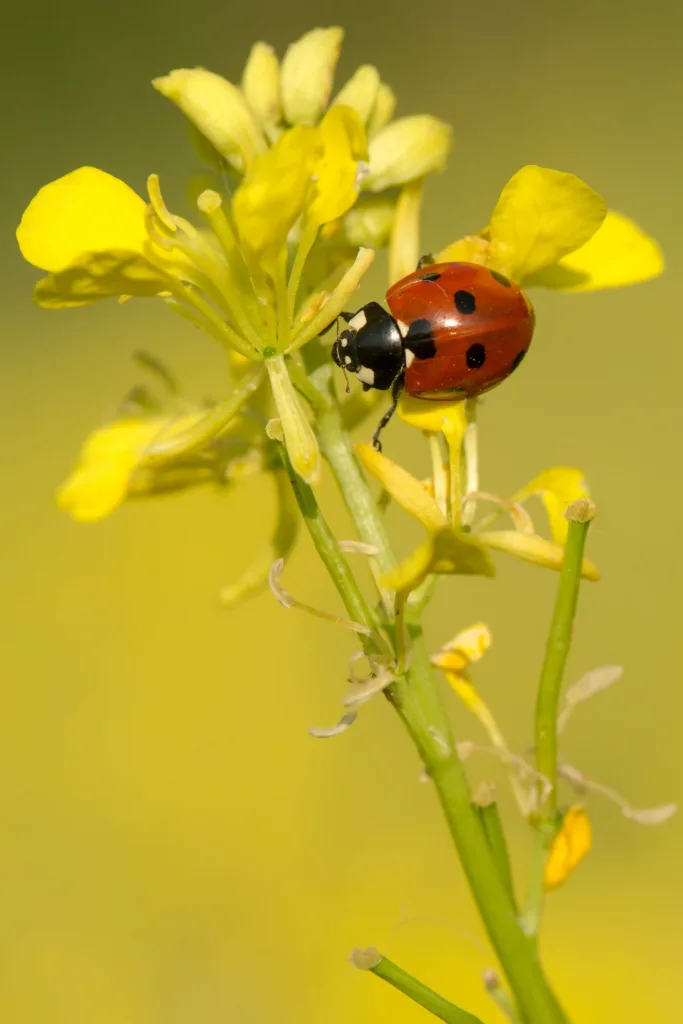
4. Use Natural Disease and Pest Control
Protecting your plants doesn’t have to mean using harmful chemicals. Organic methods like companion planting, encouraging beneficial insects, and using physical barriers can keep the pests and diseases at bay whilst looking after the natural ecosystem. These methods support a thriving ecosystem while keeping your plants healthy.
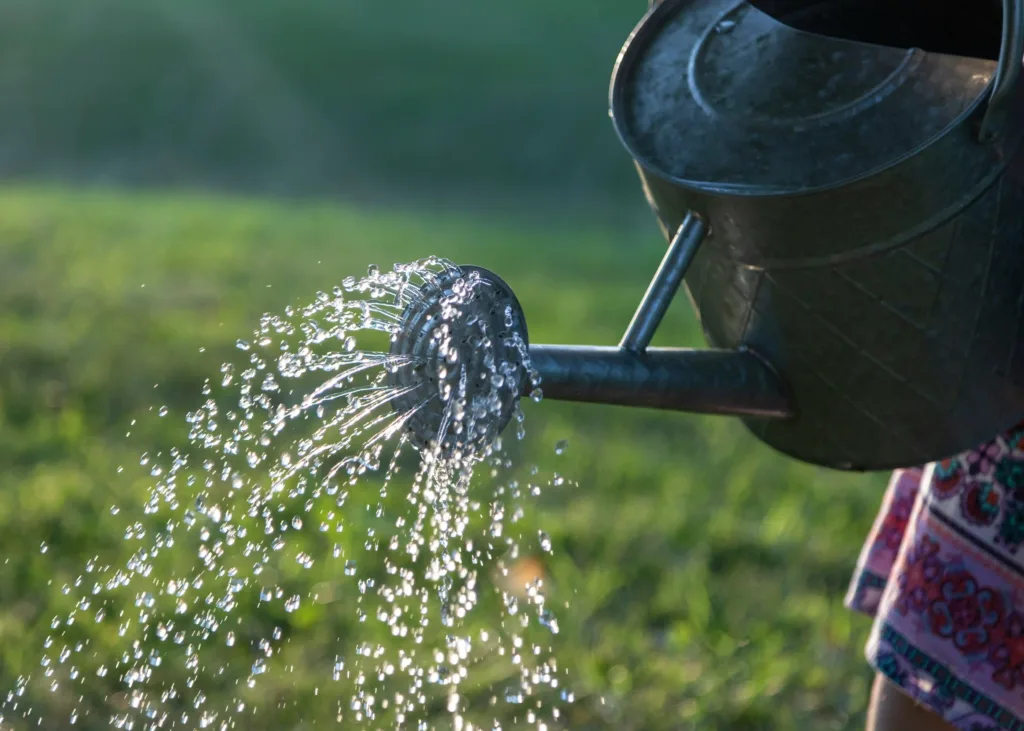
5. Efficient Water usage
Water is a precious resource, and using it wisely is essential for sustainable gardening. Collecting rainwater, watering at the right times, and using techniques like drip irrigation help reduce water waste and ensure your plants thrive.
Key Challenges in Organic Gardening
While organic gardening is rewarding, it comes with its own set of challenges:
- Pest Control: Chemical-free gardening can make managing pests slightly trickier as you’ll have to use your creativity and patience to deter pests. We use techniques such as companion planting, introducing beneficial predators (like ladybirds), and using physical barriers to help keep our crops safe.
- Weed Management: Rather than spraying weeds with chemicals, organic gardeners regularly hand-weed their vegetable patches as well as regularly mulching and covering them.
- Disease Control: To prevent diseases from spreading throughout your plants, we recommend using a combination of preventative measures, such as crop rotation, improving airflow around plants, and using resistant plant varieties.
Despite these challenges, organic methods often lead to healthier plants and a more resilient garden over time.
Final Thoughts
Organic gardening is about creating a sustainable and harmonious environment where plants, soil, and wildlife can thrive together. While it requires a bit more effort and patience, we believe that it is truly worth it for the rewards of having healthier produce, a flourishing ecosystem, and the knowledge that you’re making a positive impact.
This is the first guide in a large series designed to help you integrate organic gardening principles into your garden. If you’re considering getting started then take a look at some more of our guides below to help you get going.
Top 9 Reasons Why You Should Be Gardening Organically
Choosing organic gardening means embracing a healthier and more sustainable way to grow plants. It’s about nurturing…

